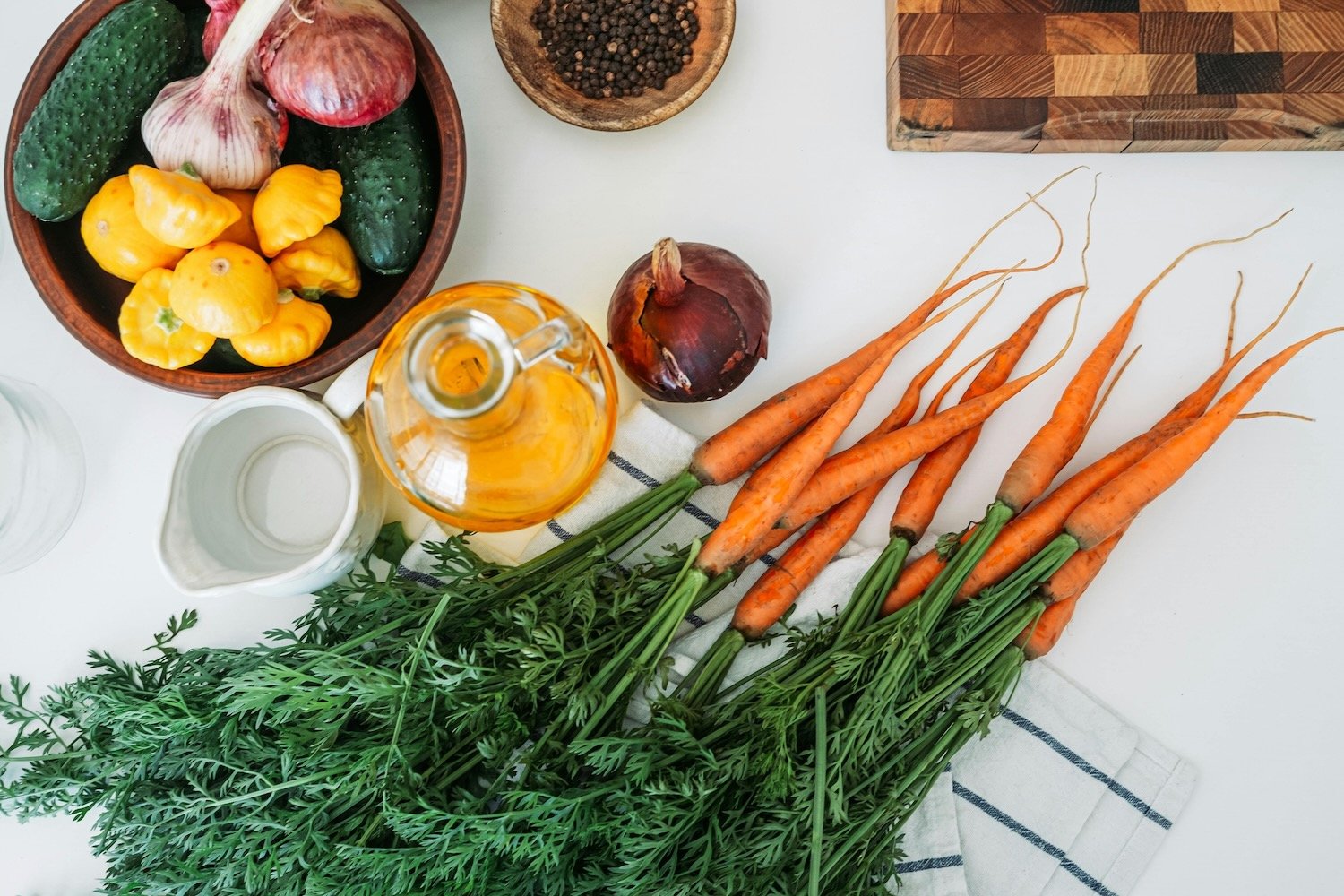Eating This Oft-Ignored Veg Daily Could Could Reduce Heart Disease Risk And Boost Exercise Performance
Hint: Red … or maybe yellow.
by The Candidly Team
It’s not like you haven’t heard of this vegetable. It even had a real moment for a while. On many a sophisticated menu. In the form of a salad accompanied by goat cheese and a drizzle of balsamic glaze. Are we giving it away here?
Of course, it’s a beet.
Beets are a love ‘em or hate ‘em kind of food. Most of us have heard good, albeit vague things about their benefits. And some of us have had that horrifying experience of thinking we might be dying the first time we use the bathroom after eating them.
But a recent study uncovered something that we found exciting. Drinking beetroot juice every day could improve blood vessel function in post-menopausal women to a degree that reduces their risk of heart disease.
Beets are packed with nitrates which has been thought could help with blood flow. "After menopause, women no longer produce estrogen, which helps maintain nitric oxide in the body," said study co-author Jocelyn Delgado Spicuzza. “This loss of nitric oxide production contributes to the substantial increase in heart disease risk for postmenopausal women. Foods that are rich in nitrate -- especially beets -- are being investigated as a natural, non-pharmaceutical way to protect the heart and blood vessels."
Participants in the study drank concentrated beetroot juice daily. According to ScienceDaily, each serving provided “as much nitrate as three large beets.” And this “improved blood flow compared to when the participants drank beetroot juice where the nitrate was removed.
The study was done on 24 women, and the findings suggest "women may need to consume beetroot juice daily -- or even more often -- to experience all of the potential cardiovascular benefits," according to study co-author, David Proctor. "Still, this research shows that beetroot juice can be very useful in protecting blood vessel health of mid-life women during a period of accelerating heart disease risk," added Proctor.
As with any food study related to our health, we’re eager to hear more about beets and heart health as more data is collected, but it also got us to wondering about the myriad benefits of this ruby-hued root veg.
Here’s what we dug up:
Benefits of Beetroot:
Might help lower blood pressure.
Could boost exercise performance – beetroot juice has been shown to improve stamina and increase muscle force during a workout.
Might help reduce inflammation.
Gives you a good dose of gut-healthy fiber (Here’s why that matters).
Gives you a nice hit of potassium (Here’s why that matters).
Could help support brain function.
Could help support liver health.
How to Eat Them
You can buy packaged, cooked beets in most markets, but they’re fairly easy to make yourself. Roasting them is a great option, but here’s a very simple way to boil them to have on hand:
If you enjoy the taste, texture etc, there are a million and a half ways to eat a beet, be it as a juice, in a salad, as a side dish, or sliced into a veggie sandwich (Tip: layer it with cream cheese for extra protein and deliciousness).
But if you dislike the flavor and need to hide them in your food like you would for a child, here are a few basic hacks:
Blend them into a smoothie - they’re sweet and go surprisingly well with most fruits.
Juice them with other fruits and veg you actually enjoy (ginger and carrots will do a lot to overpower the beet flavor and are also, of course, excellent for you).
Purée them into hummus in which to dip crudité. Here’s an easy way to do it:
And if all of this sounds like too much effort, you can always hit up a local juice bar and make them do the work for you. The sweet, tangy, earthy flavor truly grows on you. Especially when you imagine what it could be doing for your health in real time.
This article is for informational purposes only. It is not intended to be used in place of professional advice, medical treatment, or professional care in any way. This article is not intended to be and should not be a substitute for professional care, advice or treatment. Please consult with your physician or healthcare provider before changing any health regimen. This article is not intended to diagnose, treat, or prevent disease of any kind. Read our Terms & Conditions and Privacy Policy.







